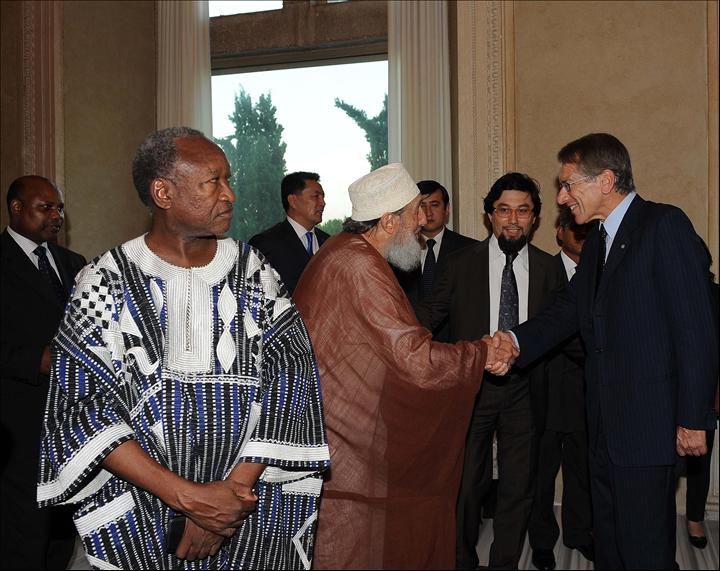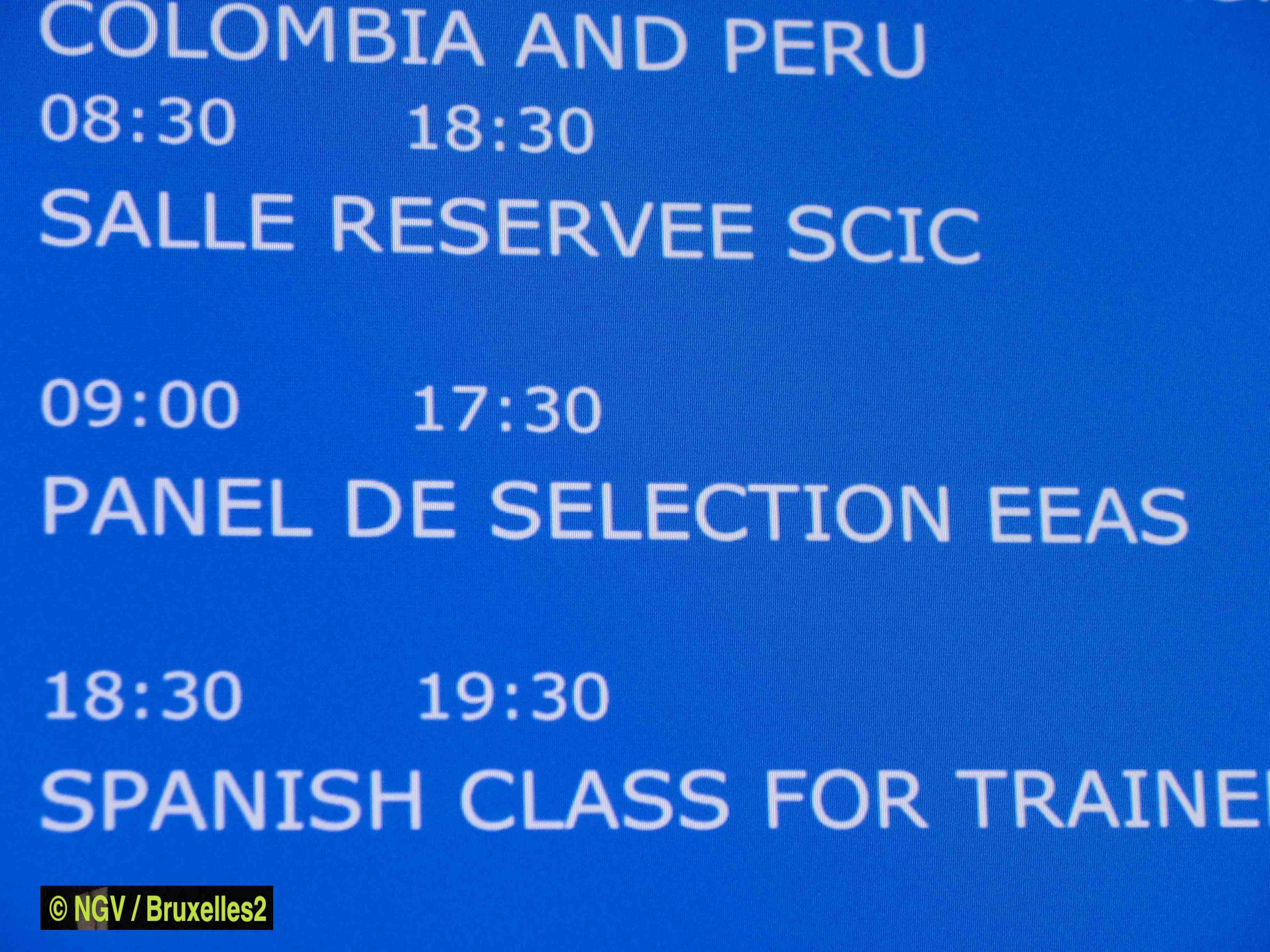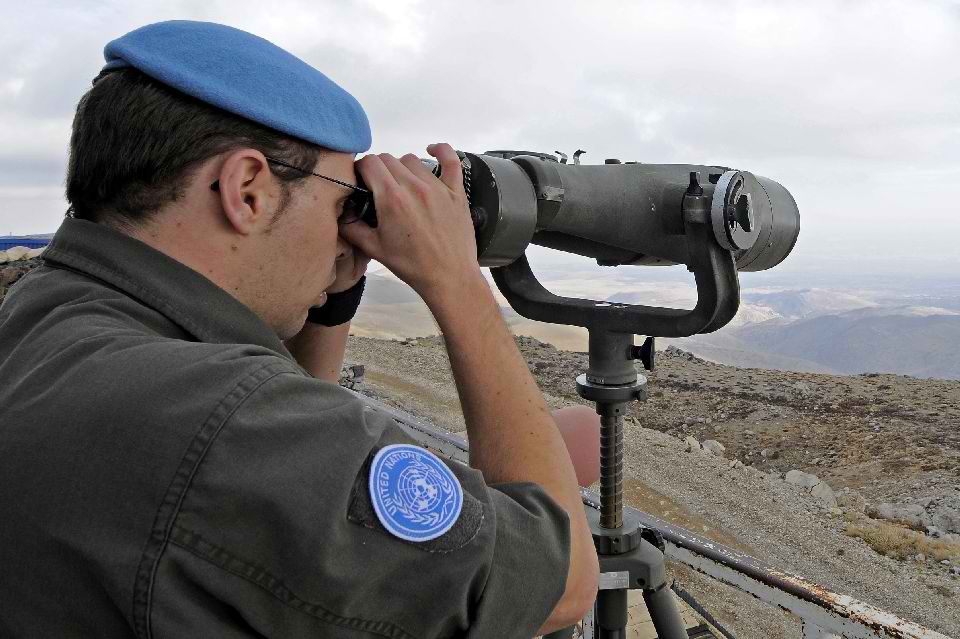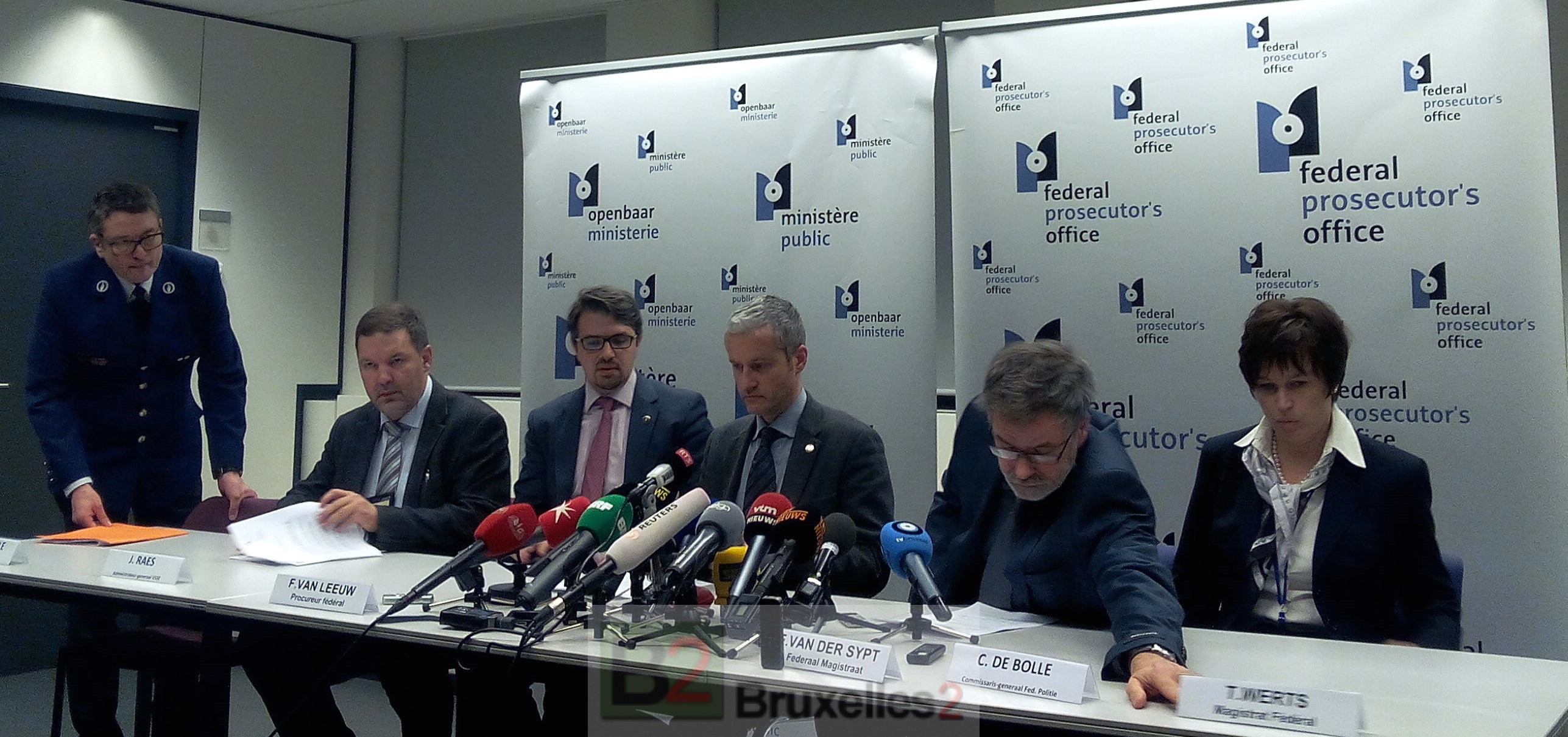For Rome, the solution is humanitarian and political, not military
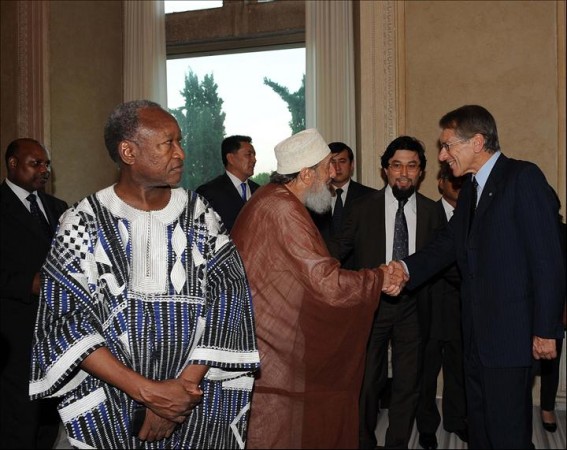
(BRUSSELS2) For Italian Foreign Minister Giulio Terzi, the Syrian crisis has reached "a turning point both in terms of the violence suffered by the Syrian people and the risk of instability for the region. And if it is "urgent to end the conflict and allow Syria to turn the page", the military solution is not for him as he explained in the daily La Repubblica.
Two fronts: the humanitarian and the political
« Two fronts must be privileged. » The most urgent is assistance to the people and the Syrian opposition, to help them resist the regime and prepare for the transition (...) without however intervening militarily”. It is necessary to put " put in place a plan aimed at preparing for the post-Assad period and guaranteeing the economic and political stability of Syria”. The reflection must concern all the aspects of security, institutions, economic reconstruction and humanitarian aspects ».
A transition seems now inevitable and will have to be supported by the international community” says the minister. The " evidence exists of the fatigue gaining the army and its recourse to not only internal militias (Shabiha) but also "foreign legions" (the 48 Iranian Shiites kidnapped in Damascus on August 4 include Pasdaran and ex-military personnel) ».
Meetings to prepare for the transition politics, a role for the EU
In order to reunite the opposition, a series of political discussions are planned in Rome in September. And " in the next few days », an informal reflection should bring together in Rome « a group of allies and partner countries to deepen the international role and responsibilities in post-Assad Syria”. For Terzi, the Syrian crisis is a " absolute priority of Italian foreign policy and we must continue to rise to this challenge”. The Italians have decided to set up a "Task Force" on Syria within the Ministry of Foreign Affairs. And the European Union will have a role to play on the humanitarian front and in the construction of Syrian democratic institutions”.
